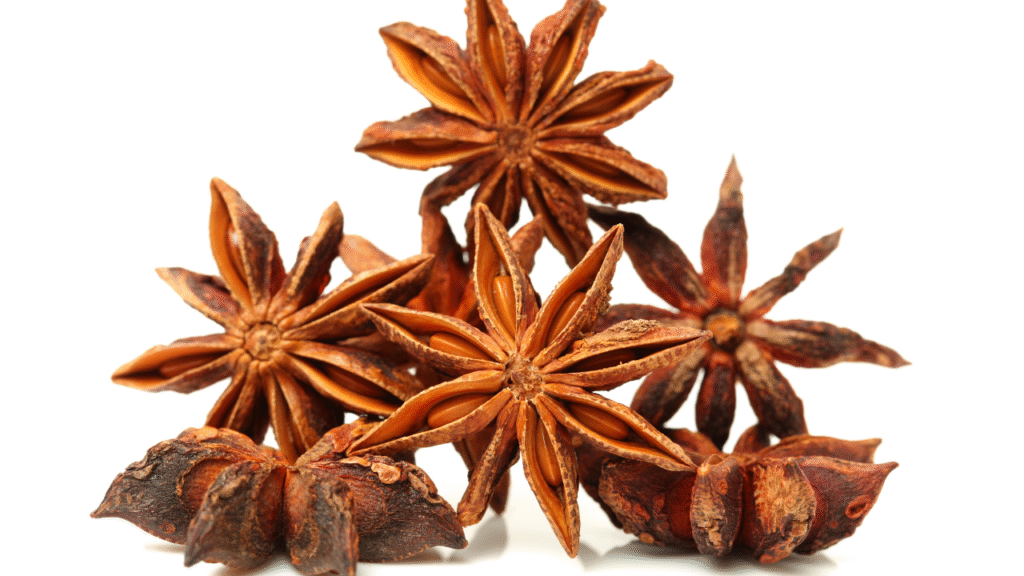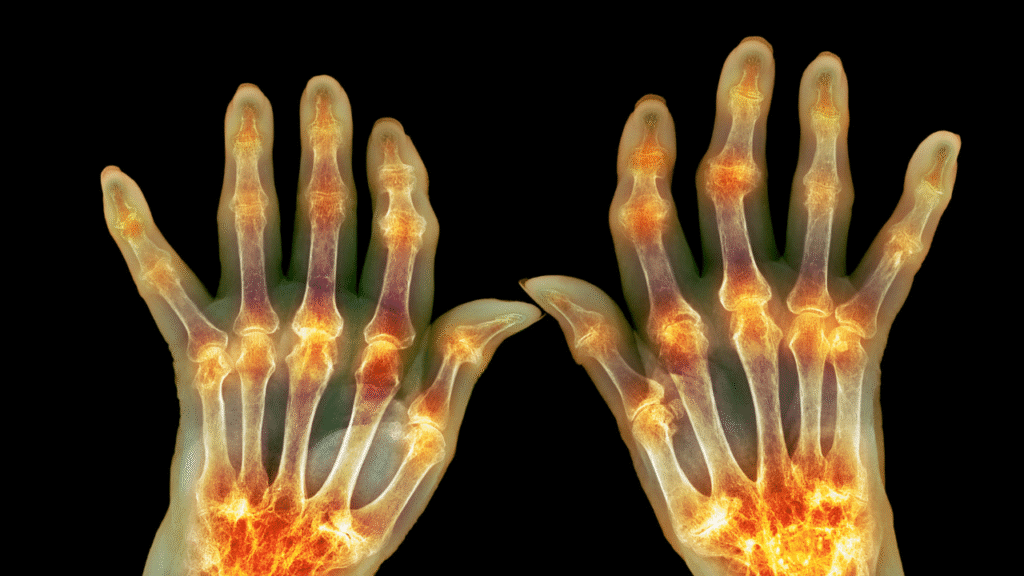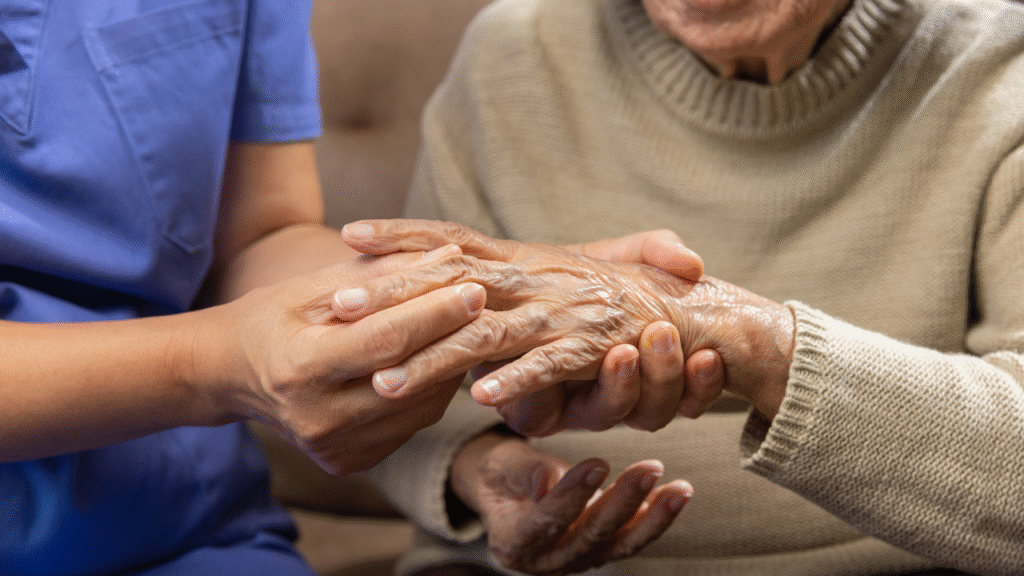Itchy skin is an irritating sensation that makes you want to scratch. The itch may be in a specific place or all over the body. Sometimes, hives or a rash appear along with itching. Dryness, allergies, insect bites, and underlying medical conditions are frequently the causes of itchy skin, also known as pruritus, which makes you want to scratch.
Itchy skin can be inconvenient and annoying, but home remedies such as essential oils, wet wraps, and colloidal oatmeal can help. Insect bites, allergies, stress, and skin diseases such as eczema and psoriasis are common causes. Itchy skin can also indicate more severe problems like liver disease or kidney failure.
Itching can cause difficulties sleeping, melancholy, worry, and little tears, so finding suitable home treatments is critical.
Because of their rapid and accessible answers, home remedies are essential for controlling itchy skin. Simple household products such as oatmeal, baking soda, or aloe vera are frequently used in these cures to soothe the skin and alleviate irritation. They also provide a cheaper alternative to costly medical treatments or prescription drugs.
This sensation can be highly annoying and unpleasant. Various medicines, on the other hand, can help relieve an itch swiftly.

Home Remedies for Itchy Skin
1. Aloe vera
Aloe vera is a natural plant with healing and calming characteristics and anti-inflammatory and antibacterial capabilities. It contains vitamin E, which helps to reduce skin dryness and itching. For generations, aloe vera has been used to soothe and moisturize the skin, offering rapid relief for sensitive skin. Apply two teaspoons of aloe vera gel to irritating regions, leave on for 15-20 minutes, then rinse with water.
2. Baking Soda Bath
Because of its anti-inflammatory effects and alkaline composition, baking soda is a natural cure for itching. It soothes the skin by reducing inflammation and itching and acting as a natural acid neutralizer, delivering immediate relief. It is not, however, suggested for open wounds, traumas, or severe infections. Once a day, dissolve a cup of baking soda in warm water, soak for 15-20 minutes, then pat dry your skin. Avoid baking soda baths if you have open wounds, injuries, or severe infections.
3. Apple Cider Vinegar
Apple cider vinegar is a natural remedy to restore skin pH balance, reduce itching symptoms, and prevent infections. To use:
- Add two cups of vinegar to bathwater and soak for 15-20 minutes.
- For localized itchiness, dilute a tablespoon with half a cup of water and apply it to affected areas using a cotton ball.
- For best results, apply this remedy once daily.
4. Oatmeal Bath
Colloidal oatmeal, a fine oat powder, is well-known for its anti-inflammatory, anti-irritating, and skin-soothing effects. It can aid with skin conditions such as erythema, burns, eczema, rashes, and dry, itchy skin. Colloidal oatmeal lotions are good skin moisturizers because they reduce dryness and improve skin barrier function. Overall, colloidal oatmeal is a well-known anti-inflammatory agent.
Because of its antioxidant and anti-inflammatory qualities, oatmeal soothes irritated skin. To use, soak two cups of oatmeal in bathwater for 15-20 minutes, then gently scrape it on itchy regions once a day. This regular regimen is for pain relief.
5. Coconut Oil
High in medium-chain fatty acids, coconut oil contains antihistamine and anti-inflammatory effects that help relieve irritation and dry skin. It is a common home medicine for emergency care. After a lukewarm bath, pat dry and massage afflicted areas with coconut oil. If itching, massage the oil all over the body daily. Coconut oil is a common household item that may be useful as a home treatment for pruritus.
6. Use gentle cold therapy.
Cool water applied to nerve fibers responsible for cold and itching sensations can soothe itchy skin. The American Academy of Dermatology recommends using a cool, moist cloth or an ice pack for 5-10 minutes to relieve inflammation. It would help to store moisturizing creams and lotions in the refrigerator for immediate cooling. Applying cold compresses, such as ice packs, to problematic areas for a few minutes and repeating daily for quick relief will help calm irritating skin.
7. Moisturize with shea butter.
Shea butter, a well-known folk treatment for itchy skin, contains nourishing and moisturizing characteristics that can help relieve itching. Although no clinical trials have been undertaken, it is a famous folk treatment for itching skin.
8. Take an Epsom salt bath.
Epsom salts, high in magnesium, help improve skin barrier function and reduce inflammation. Add 2 cups of Epsom salt to a warm bath, soak for 15 minutes, then rinse with water and apply moisturizer.
9. Use neem leaves
Neem leaves have long been used as a skin healer due to their anti-inflammatory and antibacterial characteristics. They can be used as a paste or oil, applied overnight, or by boiling a few leaves in water for 15 minutes and adding it to bathwater.
10. Apply honey
Honey contains natural humectants, which protect the skin from drying out and reduce itching. It also possesses anti-inflammatory and antibacterial qualities, which help to relieve irritation and prevent skin infections. To use, warm honey and apply it to itching areas, leaving it on for 10-15 minutes before rinsing with water. Repeat 1–2 times each day. Honey is necessary for good skin.
11. Applying menthol
Menthol oil, an essential oil extracted from mint plants, has been shown to alleviate pain and irritation. Trusted Source published a study in 2012 that looked into the usefulness of peppermint oil in relieving itchy skin in pregnant women. Participants were placed into two groups: one received sesame oil infused with 0.5 percent peppermint oil, while the other received a sesame and olive oil mixture. The peppermint-infused oil significantly reduced itch severity. It is best to dilute essential oils with a carrier oil before applying them.
12. Sesame Seed Oil
Sesame oil, which is high in antioxidants, is good for the skin because it reduces inflammation. It can relieve skin redness and irritation. Apply sesame oil to problematic regions after showering or massage it all over your body daily or alternatingly. After showering or massaging, apply the oil.
13. Mint
Menthol, found in mint leaves, has anti-inflammatory and anesthetic effects that can help soothe itchy and inflamed skin. To use this cure, boil 500 mL of water with a handful of mint leaves, drain the solution, and soak a cotton ball. Apply the cotton ball to the affected areas and reapply it 1 to 2 times daily for immediate relief from itchy skin.
14. Lemon
To relieve itching:
- Squeeze lemon juice into a cotton pad and dip it in the extract.
- Apply to irritating areas, allow to dry, and then rinse with water. If you have sensitive skin, dilute the juice with water.
- For best results, repeat twice daily.
15. Fenugreek Seeds
The anti-inflammatory qualities of fenugreek seeds help to relieve itching and inflammation. They also contain antibacterial qualities, which help to soothe rashes and eliminate skin problems. Soak 1-2 cups of fenugreek seeds in water for an hour before grinding them into a paste, applying it to the body, and allowing it to dry before washing off. For optimal results, repeat this method at least three times every week.
16. Almond Oil
Almond oil is a natural cure that relieves irritation and hydrates skin. Its anti-inflammatory and anti-itch qualities can hasten the healing of itchy, inflamed skin. Apply almond oil to the affected regions after a shower daily.
17. Olive Oil
Because of its polyphenols, which have anti-inflammatory qualities and help relieve itching, olive oil is a rich source of antioxidants and moisturizing benefits. It is also a fantastic moisturizing oil, keeping the skin from drying and itching. To use, apply olive oil to affected areas after showering, being sure to do so once a day to lock in moisture.
18. Peppermint Oil
Peppermint oil, which is high in menthol, is an effective home treatment for itching and inflammation of the skin. Combine 2-3 drops of peppermint oil with a tablespoon of carrier oil, such as coconut or olive oil, and apply to affected areas 1 to 2 times daily.
19. Tea Tree Oil
Tea tree oil is famous for treating various skin conditions because of its inherent antibacterial, antimicrobial, and anti-inflammatory characteristics. It can treat acne, warts, boils, irritating skin, and rashes. To use, blend 2-3 drops of tea tree oil with a tablespoon of carrier oil, then apply to irritating skin. This mixture should be used at least once per day.
20. Garlic
Because of its anti-inflammatory and antioxidant characteristics, garlic is used to cure skin and health issues such as pruritus. Applying garlic oil to itchy skin might help maintain hydration and avoid more itching. To create this, mince garlic cloves and infuse them in olive oil overnight. Apply the oil to the affected areas the next day and leave it on for 20-30 minutes before rinsing with water. It should be done at least once every day.
Lifestyle Changes to Prevent and Cope With Itchy Skin
Following the advice offered below from a dermatologist can be of great assistance in lowering the likelihood of experiencing itchy skin.
1. Keep your skin moisturized.
A high-quality moisturizer should be used daily to relieve itching and enhance the epidermal barrier. For pruritus relief, emollient creams or ointments are favored, with fragrance-free emollients such as petroleum jelly preferred over aromatic lotions. They confirm the product’s allergen-free composition is critical to avoid potential allergies. The appropriate moisturizer is essential for good skin care.
2. Change your bath habits.
Long hot showers or baths can remove natural lipids and moisture from the skin, worsening the problem. Shower with lukewarm water, avoid harsh soaps or shower gels, and gently pat dry damp skin before adding moisturizer.
3. Wear comfortable clothes
Wear lightweight, loose-fitting clothes made of soft, skin-friendly fabrics like cotton and linen to relieve extremely itchy skin, allowing the skin to breathe. In contrast, tight-fitting clothes made of coarse materials like wool can cause further irritation.
4. Maintain proper nail hygiene and try not to scratch.
Resist the impulse to scratch to avoid skin infections and scars, as repeated friction can rupture the skin barrier. Wear cotton gloves at night and keep your nails clean, short, and smooth to prevent sleeping scratching.
5. Avoid smoking and alcohol intake.
Avoid smoking, which can lead to skin dryness and other health problems, and reduce alcohol caffeine use, and very spicy foods. Quit smoking as soon as possible, and stay away from secondhand smoke.
6. Use a humidifier
Extreme shifts in temperature can cause your skin to become dry and itchy, which can be uncomfortable. Consider investing in a humidifier that has been properly sanitized and cleaning it routinely to avoid mold growth and other contaminants as a countermeasure to this problem.
7. Avoid known allergens
Before making a purchase, carefully check for allergens in bathing, skincare, and cosmetic products, and be wary of specific food allergens that might cause itchy symptoms. It will help you avoid allergic skin reactions.
8. Manage your stress
Activities like yoga, listening to music, doing deep breathing exercises, and engaging in hobbies can all help relieve stress. Counseling with a trained professional, participating in behavior modification therapy, or undergoing acupuncture treatment are all potential stress management strategies that may be helpful.
9. Moisturizing
Moisturizing is essential for treating skin issues such as irritation and dryness. Moisturizers, such as creams and lotions, moisturize the skin’s outermost layer, preventing irritation. They contain humectants and emollients, which attract water and form a protective coating on the skin. Applying moisturizers after baths or showers aids with moisture retention. The NEA recommends using high-oil moisturizers, cleansing hands when they touch water, and hydrating before bed to keep skin hydrated.
10. Avoiding irritants
According to the American Academy of Dermatology, people stop using Irritating substances. Hot water, high temperature, humidity changes, fragranced skincare products, wool and synthetic textiles, and stress are all examples. Hot water can cause skin to dry out, making it more prone to itching. Humidifiers can help maintain home humidity during the hot summer months and combat the drying effects of central heating during the cold winter months. Fragrant skincare products, such as fragrances and synthetic colors, can aggravate skin irritation. Cotton clothing that fits loosely can help the skin breathe and reduce overheating. Individuals who experience heightened itchiness may benefit from stress-reduction practices such as yoga and mindfulness meditation.
11. Vitamins
To ease itchy symptoms, consider taking vitamins A, C, and E, which enhance skin health and collagen synthesis. These vitamins are also antioxidants, which protect the skin from free radical damage. Increased intake of these vitamins can aid in the treatment of pruritus. Supplements can be taken after contacting a doctor, or foods high in these vitamins, such as eggs, cheese, milk, citrus fruits, leafy green vegetables, and nuts, can be ingested. Furthermore, taking a high-quality probiotic can improve gut health, as skin disorders are frequently linked to gut health. These home treatments and therapies are beneficial for itchy skin relief. If you have a rash or a skin condition that causes itching, use these tips to avoid it.
How To Prevent Itching
Wear loose-fitting cotton clothing, use a humidifier, trim nails, shower daily, manage stress, limit coffee and alcohol intake, drink lots of water, use a decent moisturizer, test for allergic reactions to specific foods, and switch to natural, chemical-free household goods to minimize itching. Avoid utilizing harsh chemicals, restrict your intake of coffee and alcohol, and avoid using chemically hazardous household goods—and fragrance-free items.
When to see a doctor
Itching can be relieved at home by following a cleansing and moisturizing regimen. However, if itching lingers for over two weeks or flares up frequently, it may suggest an underlying health problem necessitating medical care. A doctor may offer topical creams and medications to treat itching, which can be acquired online. These symptoms could indicate an infection, inflammation, or weeping sores across the body.
Final Word
A persistent itch can make it difficult to fall asleep, distract you, and even leave scars. Moisturize your skin and experiment with different home remedies to eliminate it. Consult a dermatologist if none of these solutions work.

Benefits of Organic Matcha Green Tea
- High in Antioxidants
- Enhances Mental Alertness
- Sustainable Energy and Focus
- Enhance Metabolism
- Supports Relaxation
- Rejuvenation your Skin
- High in Fiber & helps Detox.
- Promote Weight Loss Naturally
- Provide Vitamin C, Selenium, Zinc and Magnesium
- Blood Sugar Regulation
- Enhanced Mood and Stress Reduction
Links




